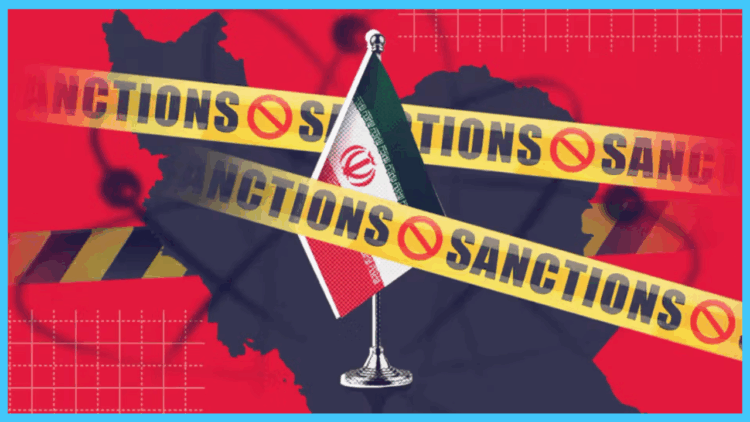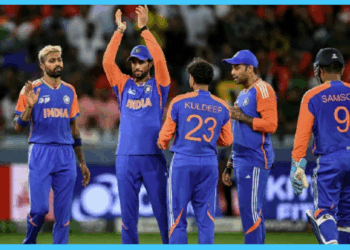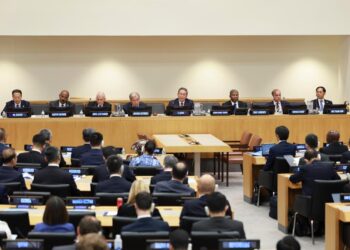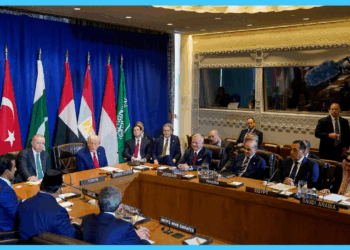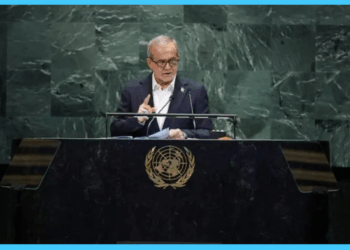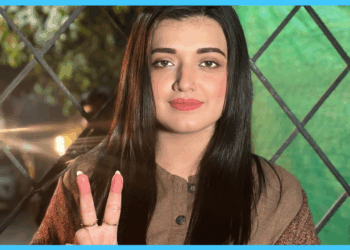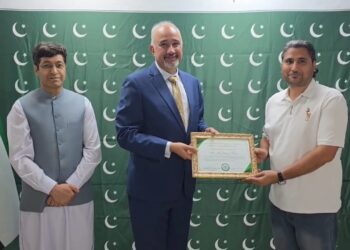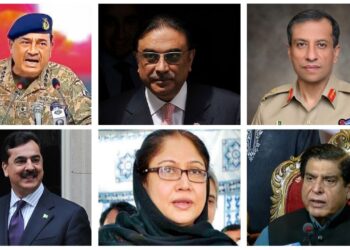Web Desk; Iran has signaled its willingness to resume what it calls fair and balanced negotiations over its disputed nuclear program, provided that Western powers demonstrate seriousness and goodwill.
The statement from Iranian Foreign Minister Abbas Araqchi came just hours after France, Germany, and the United Kingdom, collectively known as the E3, triggered a formal process to reimpose United Nations sanctions on Tehran.
In a letter to European Union foreign policy chief Kaja Kallas, Araqchi emphasized that Iran remains committed to dialogue but cannot engage under conditions that undermine the prospects of success. He argued that sanctions and pressure tactics only erode trust, noting that Tehran expects corrective steps from its European counterparts in the coming days.
The E3 decision reflects growing concern that they could lose their prerogative to restore sanctions by mid-October, when key provisions of the 2015 nuclear accord are set to expire.
That agreement, formally known as the Joint Comprehensive Plan of Action (JCPOA), required Iran to limit its nuclear activities in exchange for international sanctions relief. A built-in mechanism, known as the snapback clause, permits sanctions to be reinstated swiftly if Iran is found in violation.
In their letter to the UN Security Council, the foreign ministers of France, Germany, and the UK accused Tehran of gradually abandoning its commitments since 2019, including the stockpiling of enriched uranium at levels far beyond civilian use.
They warned that the accumulation of such material is unprecedented for a country without a declared nuclear weapons program. At the same time, the ministers stressed that diplomacy remains their preferred path and that sanctions are not meant to signal the end of dialogue.
Iran has rejected the move as unjustified and illegal. A senior official described it as an act against diplomacy, although he acknowledged that engagement with Europe will continue.
Tehran maintains that it has no intention of developing nuclear weapons and insists that its program is strictly for peaceful purposes. Officials in Tehran argue that their nuclear expansion began only after the United States unilaterally withdrew from the JCPOA in 2018 under then-President Donald Trump, effectively undermining the deal.
European leaders, however, are urging Iran to cooperate fully with the International Atomic Energy Agency and to return to direct negotiations with Washington.
German Foreign Minister Johann Wadephul called on Tehran to seize the opportunity within the next month to revive talks. His French counterpart, Jean-Noel Barrot, said the decision does not close the door to diplomacy.
The move by the E3 opens a 30-day window before sanctions could be formally reinstated, which would reimpose restrictions on arms sales, missile development, and financial transactions. Analysts note that the process allows room for a negotiated solution if Tehran and world powers can bridge differences in the weeks ahead.
Despite the heightened tension, Iranian officials continue to voice support for diplomacy. Deputy Foreign Minister Kazem Gharibabadi urged the E3 and the UN Security Council to give negotiations time and space. Whether this window leads to renewed engagement or a return to sweeping sanctions will likely depend on the willingness of both sides to compromise in the coming days.








